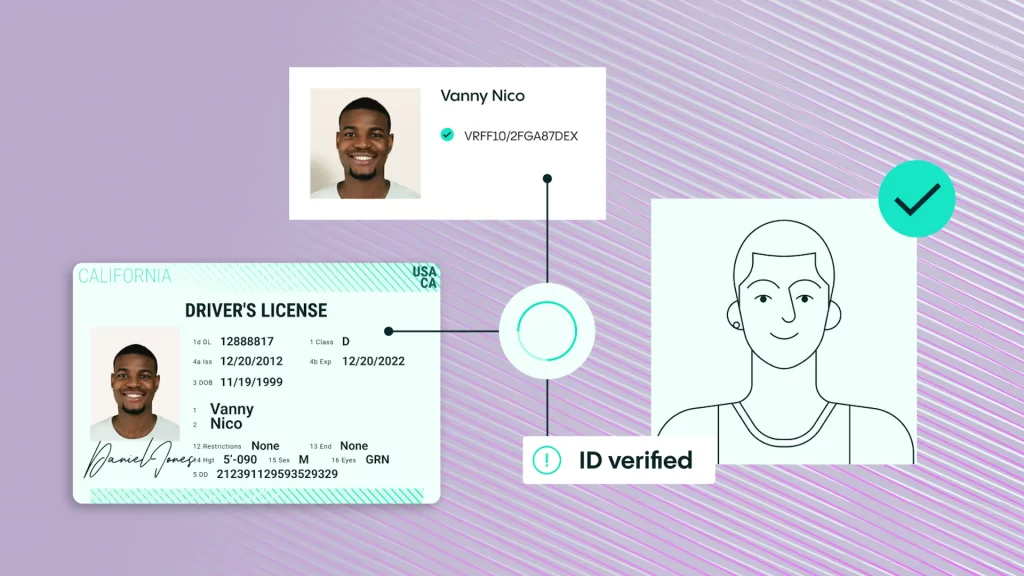Fraud in the UK is a rising issue that isn’t taken seriously enough. While financial loss is often highlighted, the emotional damage is equally significant, if not worse. Understanding why fraud is not being taken seriously, and the misconceptions surrounding it is crucial if we ever want to give fraud the attention it deserves.
Emotional Damage Overlooked
When discussing fraud, the focus tends to be on the financial aspect. However, the emotional impact is even more devastating. Victims experience stress, anxiety, and a loss of trust. This emotional toll often leads to severe mental health issues, which can be long-lasting and harder to overcome than financial losses.
A survey conducted by the University of Portsmouth in 2022 found that over 70% of fraud victims reported significant emotional distress. Many experienced a sense of violation and persistent fear that left them unable to trust others. Recognising and addressing these emotional impacts is essential for comprehensive fraud prevention and support strategies.
The Myth Surrounding Refunds
Another misconception is that fraud refunds are guaranteed and easy to acquire. The reality is often quite the opposite. Victims frequently face bureaucratic hurdles, lengthy investigations, and, sometimes, a complete denial of reimbursement. Many victims report that they are often treated as though they were the culprit, being asked to prove their innocence before any action can be taken.
According to UK Finance, in 2022, only about 45% of authorised push payment fraud (APP) losses were reimbursed. The process of reclaiming lost money is complex, often involving a complex maze of paperwork and procedural delays. This can add to victims’ stress and frustration, compounding the initial emotional trauma.
Underreporting of Cases
Many fraud cases go unreported. Victims often feel embarrassed or believe that reporting won’t change anything. This underreporting skews statistics, making it difficult to grasp the full extent of the problem. Consequently, fraud prevention measures remain inadequate. The lack of comprehensive data hampers efforts to develop effective fraud awareness campaigns.
A study by the Office for National Statistics (ONS) in 2023 indicated that only 15% of fraud incidents were reported to the police. Victims may fear being judged or not taken seriously, which prevents many from coming forward. To address this, there needs to be a cultural shift that encourages victims to report cases without fear of ridicule or disbelief.
Misconception of a Victimless Crime
There is a common but flawed perception that fraud is a victimless crime. This misconception diminishes the severity of the crime and the impact on its victims. Fraud awareness campaigns need to challenge this narrative to ensure that the public understands the real consequences of fraud.
Fraudsters are not faceless entities; they often target the vulnerable and the unsuspecting. From retirees losing their life savings to small businesses facing bankruptcy, the human cost is immense. Educating the public about the tangible impacts can help shift this harmful perception and promote a more empathetic response.
Lenient Sentences for Fraudsters
Sentences handed down to fraudsters are notoriously lenient. This leniency undermines the seriousness of the crime and fails to deter future offenders. For victims, seeing perpetrators receive light penalties adds to their sense of injustice and emotional distress. Stronger legal consequences are essential if it is to be believed that fraud is being taken seriously here in the UK.
The Sentencing Council reported that in 2023, the average prison sentence for fraudsters was just under two years. Such leniency sends the wrong message, suggesting that financial crime is less serious than other offences. By imposing harsher penalties, the law can better deter potential fraudsters and provide a sense of justice to victims.
Political Inaction
Politicians often use the issue of fraud to gain attention but rarely follow through with substantial action. Despite frequent mentions in political speeches, meaningful reforms and investments in fraud prevention are lacking. This inaction contributes to the ongoing neglect of the problem, leaving victims without adequate support and protection.
Election cycles and shifting political priorities often mean that fraud prevention gets sidelined. While there is plenty of rhetoric about cracking down, tangible measures and dedicated funding are often missing. Advocacy groups need to hold politicians accountable, ensuring that promises translate into real action.
“It Will Never Happen to Me”
Most people feel that fraud will never happen to them, leading to complacency. This false confidence prevents individuals from taking necessary precautions and staying informed about fraud prevention techniques. Raising awareness is vital to changing this mindset and encouraging proactive measures.
Complacency can be dangerous. Believing that fraud only happens to others creates a false sense of security. This mindset makes individuals more susceptible to fraudsters’ tactics. Public education campaigns need to emphasise that it can affect anyone and promote proactive measures to protect personal information and finances.
Fraud Prevention Resources
Besides Action Fraud, several other resources and organisations are dedicated to fraud prevention in the UK:
- Fraud Advisory Panel: Provides independent advice and information on fraud prevention and detection.
- Take Five: A national campaign offering straightforward, impartial advice to help everyone protect themselves from fraud.
- Get Safe Online: Offers free, expert advice on online safety, including how to protect against fraud.
- National Cyber Security Centre (NCSC): Provides guidance and support on how to stay safe from cyber threats, including online fraud.
These organisations offer valuable resources and support for both individuals and businesses. Enhancing public knowledge about these resources can significantly improve fraud awareness and prevention efforts.
Fraud in the UK is a multifaceted issue that demands more serious attention. Beyond the financial losses, the emotional damage inflicted on victims is profound. Misconceptions, lenient sentencing, and political inaction exacerbate the problem. By raising awareness and taking decisive action, we can create a safer environment for everyone. It is time to acknowledge the true impact of fraud and commit to robust prevention strategies.
Fraud awareness and prevention must be at the forefront of national priorities. Only then can we hope to mitigate this pervasive and damaging crime effectively. The emotional and financial toll on victims is too significant to ignore, and society must rally to address this pressing issue.



